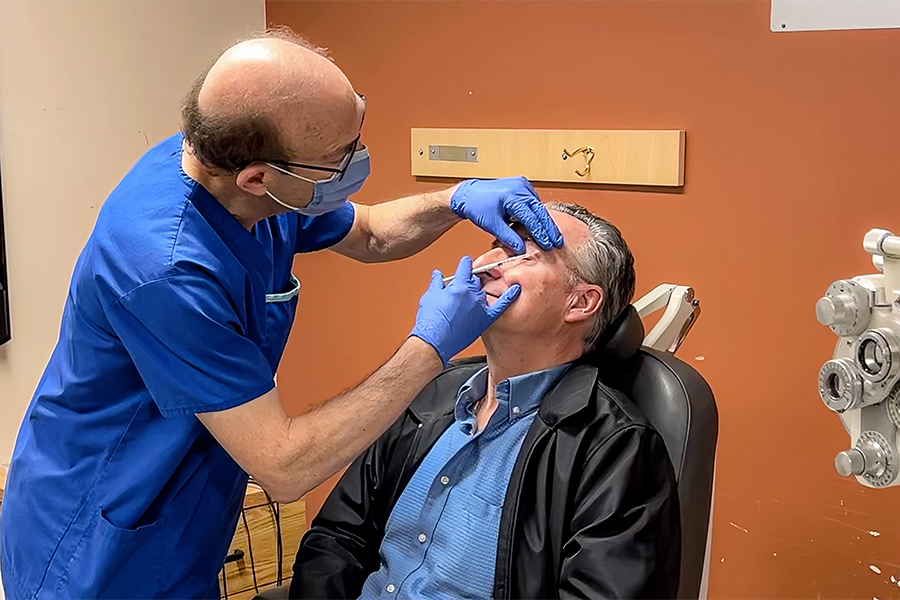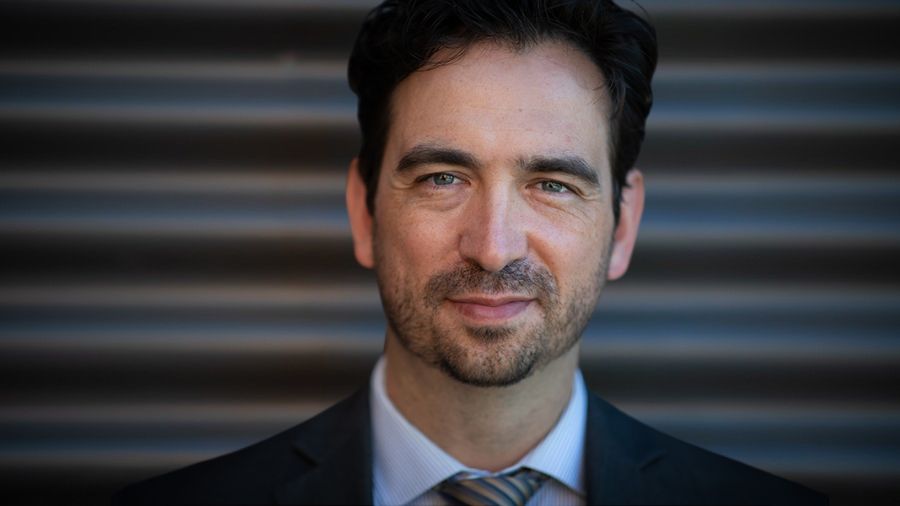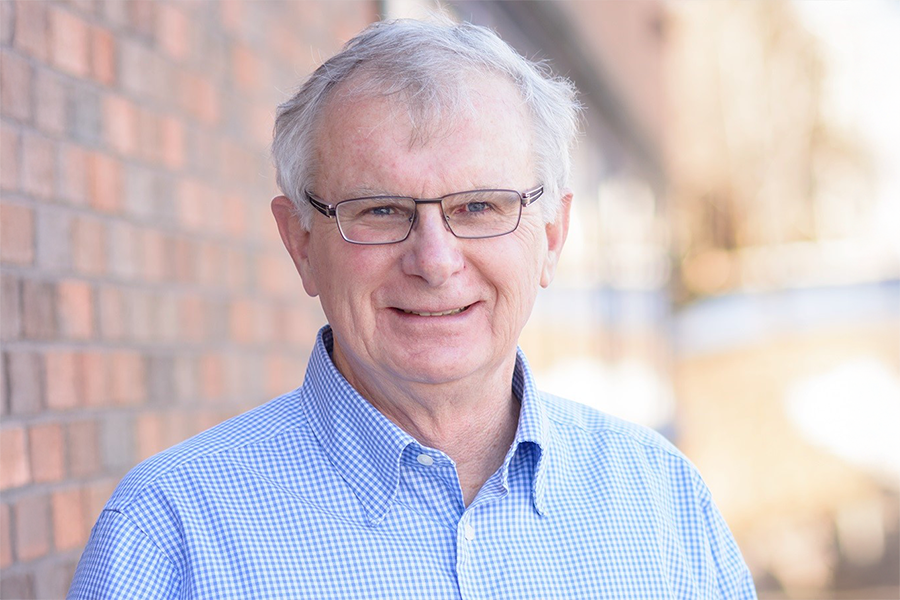All of that changed with his sudden cataract diagnosis when he was 12 years old. His perfect vision and hopeful aspirations slowly started to slip away. He couldn’t read textbooks anymore; or play any sports. Recognizing the faces of his friends became increasingly difficult as his visual acuity declined with every passing day, and reading sheet music for music competitions became almost impossible.
Though he was fortunate enough to receive successful cataract treatment, his visual stability was short-lived. Just a year after those surgeries on both eyes, he had numerous complications that in turn affected his retinas, which led to more than six retinal detachments in just two years. “Each time, the recovery period was longer and more strenuous, and each time, I wondered whether it would occur again.”
In 2007, Stelth came to the Donald K. Johnson Eye Institute at Toronto Western Hospital. What followed were regular visits to the emergency room and 16 surgical procedures that completely reshaped all his priorities.
“I remember spending three consecutive New Year’s Eves at Toronto Western Hospital because of retinal detachment symptoms – anxiously waiting for an on-call ophthalmologist to tell me whether or not I had another complication in my eyes that would rob me of my vision again.”
Many complications
The last of his retinal detachments saw another complication: trauma to his cornea, which resulted in a year-long wait for a corneal transplant. Although the transplant was successful, more complications ensued, including the development of glaucoma. As a result he is completely blind in one eye. He is currently under the care of Dr. Graham Trope, Co-Director of the Glaucoma Service at the Donald K. Johnson Eye Institute.
Stelth’s vision has improved to the point where he can pursue his current career and dreams. The ability to see again has given him the chance to collaborate with other artists; to work with photographers and cinematographers.
He has even developed a music outreach program, which includes a concert series for the visually impaired, to take patients to a different place, and relieve their suffering by introducing them to the power of music.
“What I learned throughout all of this was how every single person made sure I received the best treatment, care, and medication. Were it not for the receptionists that let me see my doctors at a last minute notice; or the nurses, anesthesiologists and the surgeons, my faith and hope that I would recover would have never lasted.”
“I really owe all of them so much for my ability to still see today.”
Watch one of Stelth’s performances here.



